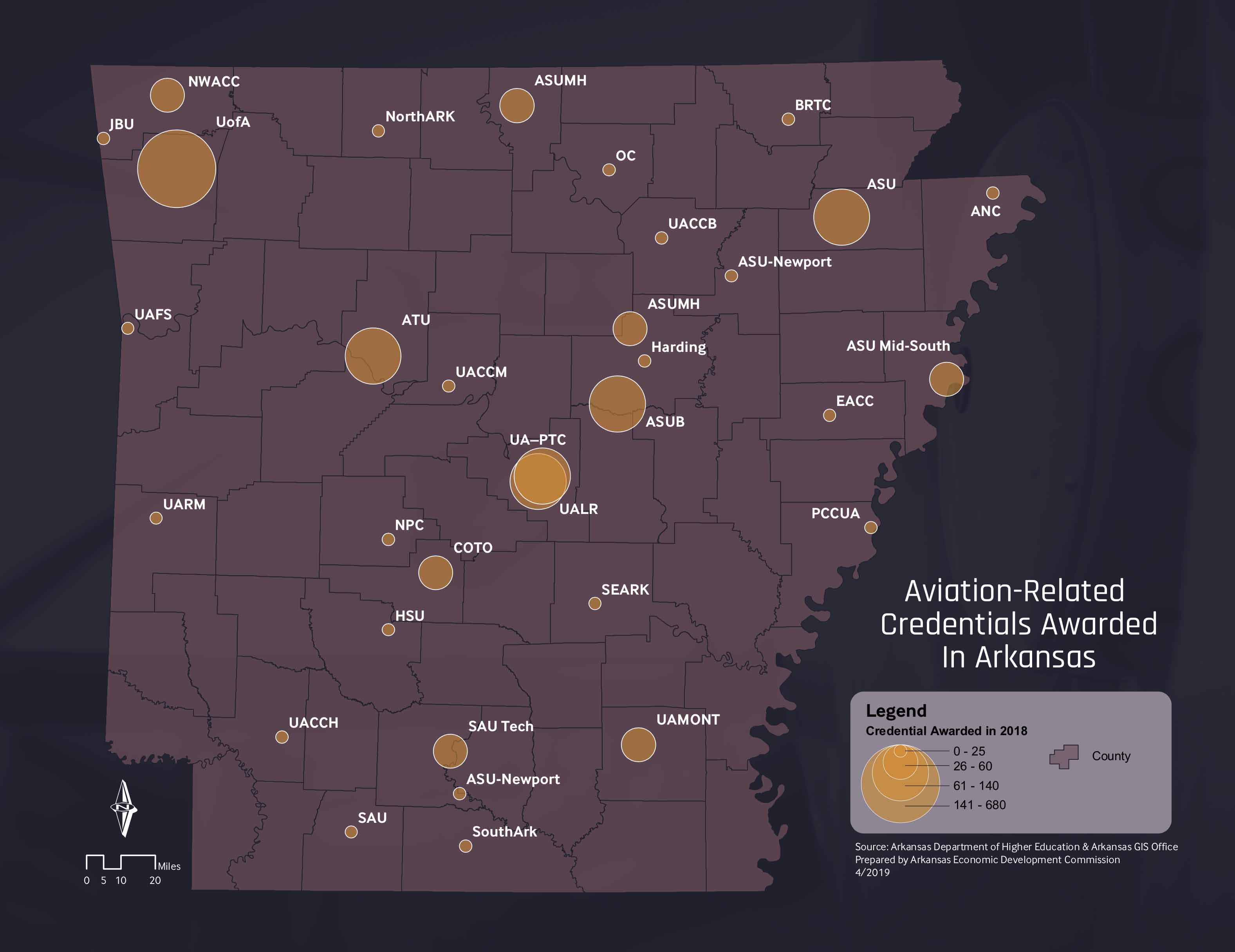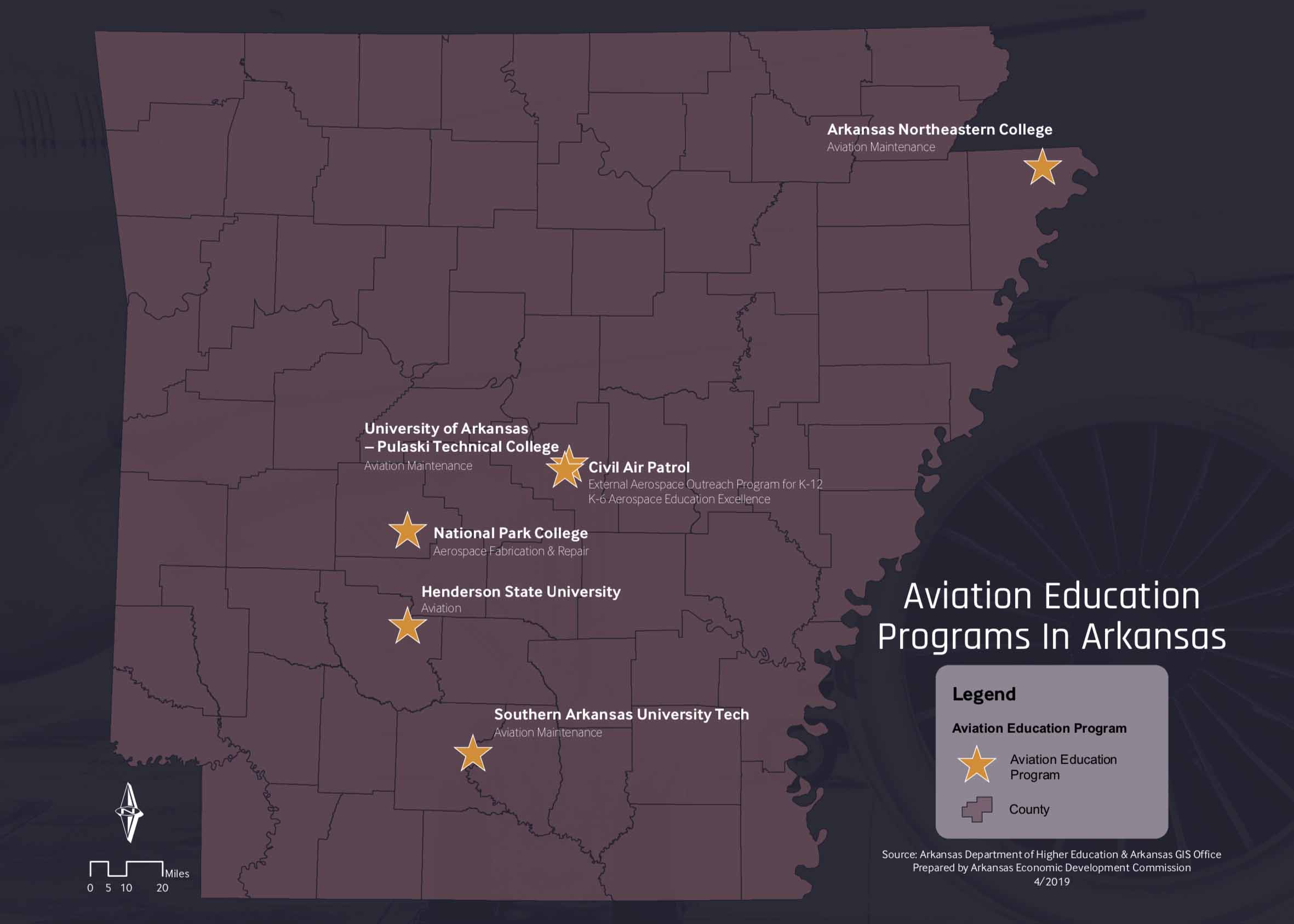Arkansas has an abundance of resources to help food processing companies succeed. The Arkansas Economic Development Commission works directly with food processing companies looking to start-up, expand or relocate. In addition, we assist companies with finding the best incentives so companies are able to make money quickly and efficiently.
There were 522 food and beverage companies in Arkansas at the end of 2022. These companies employed 55,130 people. Arkansas is home to Tyson Foods and numerous other food processing facilities, including Nestle, JBS USA, Kraft Heinz, Mars Inc., Cargill Inc., Hormel Foods Corp, Riceland Foods, Pilgrim’s Pride, ConAgra Brands Inc., Land O’ Frost and Frito-Lay, Inc.
Arkansas has the 5th largest percentage of food processing workers in the United States. The growth rate of the food and beverage industry from 2017 to 2022 was 6 percent in Arkansas.
The food processing industry is booming in Arkansas and continues to grow exponentially. Eight of the top 10 food and beverage companies by revenue in the world have manufacturing facilities in the state.
Arkansas is meeting the workforce needs for food processing companies. The state now has the second-largest number of food processing workers in the US and Arkansas has responded to industry growth by modernizing the workforce.

Arkansas leads the South in aerospace education, offering a wide variety of certification programs and degrees. Students can participate in career training programs focused on aerospace technology and manufacturing, become a professional pilot, obtain four-year degrees in aviation and engineering, and even earn their master’s degree or Ph.D.
The aerospace-related programs are in the areas of aviation, airframe, aircraft, engineering and engineering technology. The first map shows the 32 institutes across the state that offer programs in the areas mentioned above.
These education programs offer different levels of credentials, including a certificate of proficiency, technical certificate, advanced certificate, associate degree, baccalaureate degree, post-baccalaureate degree, master’s degree and doctorate degree. The second map shows the number of credentials that the programs awarded in 2018.

The third map shows the institutes that provide programs specifically in aviation-related fields (i.e. aviation, airframe and aircraft), excluding the more general engineering-related programs mentioned in the first point. The purpose is to give a more focused look at the specialty training programs in the aerospace industry.
